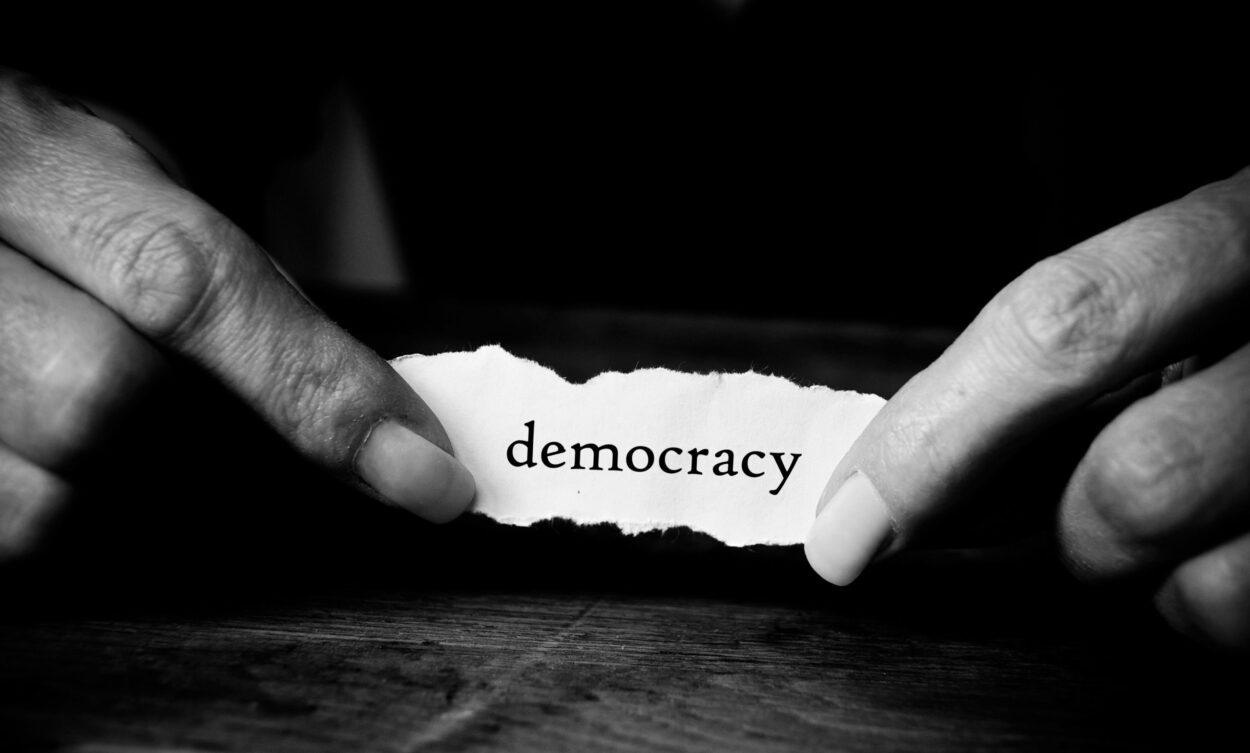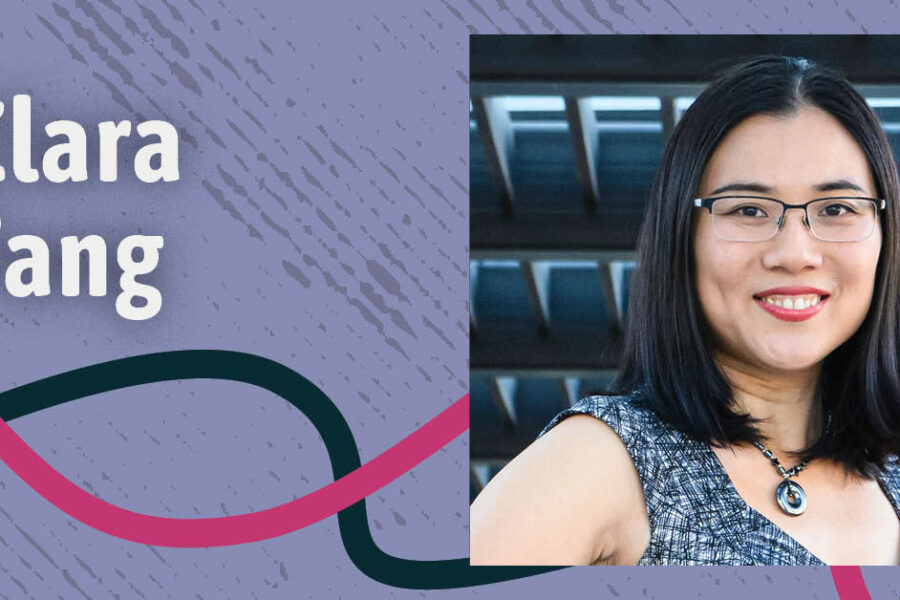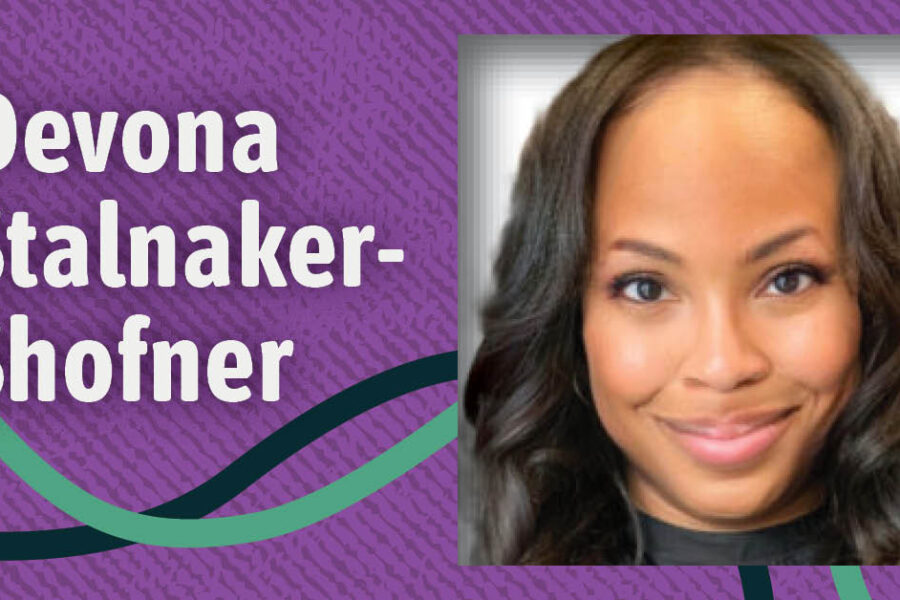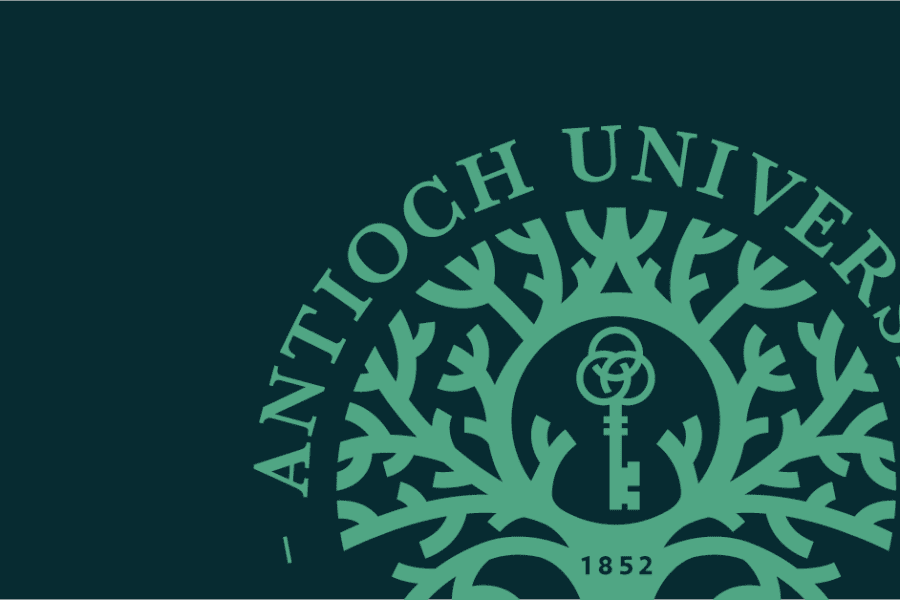Democracy is under attack globally. It is succumbing to the allure of fascism where the masses turn to a strong authoritarian leader to solve their problems.
Unfortunately, this trend has reached the United States and India, one of the oldest democracies and the largest democracy in the world.
The election of Donald Trump as president in the US in 2016, and the violent attack on Congress that occurred following his defeat in 2020, highlight how this country’s pre-eminent democratic tradition is at risk from the seduction of authoritarianism.
The levers of fascism are clear: demonise vulnerable populations, attack the free press, undermine facts, knowledge, science and expertise, spread disinformation, politicise law enforcement, the courts and the military, restrict voting rights and expand executive power.
For the past five years, that playbook has unfolded before us in the United States and higher education has remained largely silent.
The educator, Horace Mann, famously said: “Public education is the cornerstone of …democracy.”
We agree, and so too is higher education a cornerstone of democracy.
Democracy can only function when people, armed with knowledge, are able to debate and ultimately reach a reasoned accommodation. But higher education in a democratic nation cannot be a cornerstone of democracy and a benchwarmer, sitting idly by and watching democracy be destroyed. It has an obligation to speak out.
It’s time to sound the alarms. Indeed, there is no more critical role for those of us in colleges and universities in democratic nations than to place ourselves at the front line defending against this movement toward ignorance and fascism.
Until now, however, higher education has not distinguished itself for defending democracy or democratic institutions. Boards do not support their leaders speaking on the national stage. Presidents are fearful of backlash from alumni and students. Faculty often seem more invested in their own well-being. The order of the day seems to be to keep one’s head low and go about one’s business.
Demonstrating leadership
Many rationales for why higher education has not worked more aggressively to defend democracy are plausible. Dealing with the consequences of COVID, reopening campuses and balancing budgets are time-consuming.
Such a rationale is depressing and self-defeating. High performance organisations and dynamic leaders always take on more tasks rather than duck responsibilities.
In times of crisis we turn to individuals who are willing to take risks and demonstrate leadership rather than those who simply want to do their job. By an unwillingness to engage with the great socio-political crisis of our time, we doom colleges and universities to irrelevance and threaten their very survival. We must act.
What should we ask and expect of those institutional leaders – trustees, administrators and faculty – who wish to lead?
• Fight disinformation with facts: No social organisation is better equipped to counter disinformation with facts than colleges and universities. The raison d’etre of academic life is to determine right from wrong and to decide what is fact and what is fiction.
The academic dispute between the bench sciences and social sciences collapses in the face of fascist disinformation. Careful scientific research provides answers to how viruses spread and how they might be contained. Similarly, careful social science research enables us to understand why some groups hesitate to take a vaccine.
When there is no consensus on a particular issue, academics are able to point out what is known, what is not known and how to proceed. We need to stand up to the attack on facts and science.
• Teach and lecture about the role of democracy in securing social justice and the public good: Trust in public institutions is at an all-time low. In the United States, Trump’s constant emphasis on wanting to appoint ‘Republican judges’, for example, suggested that the judiciary is not judicious. Instead, judges are politically motivated, as are all public organisations.
The result is a lack of faith in what any public official says and resulted in the chief justice pointing out that “there are no Republican or Democratic justices”. The assumption that all action is political such that one side wins and the other side loses creates the conditions for an authoritarian to assert that ‘only I can solve’ problems.
An aggressive assertion of authority needs to be met with just as aggressive an articulation of what the public good means in any society and how it can only be achieved through democracy.
In the United States such an argument revolves around our understanding of the Constitution, its strengths, flaws and change over time.
An understanding of the public good not only needs to be a cornerstone of core teachings at any institution, but also a centrepiece of academic lectures to the larger society. Until we are able to articulate the viability and centrality of democracy in achieving the public good, we are at risk of the continual attack on and demise of our public institutions.
• Encourage respectful dissent: Again, few organisations are as equipped to foster thoughtful, civil dialogue and debate about contentious issues as academic institutions. The internal debates that faculty have with one another about scientific and social phenomena are all fine and good. What we must do now, however, is bring contentious issues onto our campuses and use a framework that encourages the use of facts and reflection on what a speaker says.
We fully appreciate the fiscal and social risks an organisation faces by bringing onto campus individuals who are controversial. We also understand that not every speaker is worth the time, money and effort to bring to campus.
However, numerous issues require thoughtful discussion that will not occur on one-sided podcasts or forums that cater to an audience’s preconceived notions. Surely academics can devise forums for debate and dialogue that model the best sort of behaviour necessary for a healthy democracy.
To demur that such conversations are too difficult and contentious shortchanges what colleges and universities are about and ultimately adds to the belief that academic organisations are irrelevant to public life.
• Model shared decision-making: For over a generation academic organisations have been criticised as not ‘nimble’ because of shared governance. Concomitantly, autocrats have argued for enhanced executive power. A ‘strongman’ model of leadership is antithetical to a democracy.
We appreciate that times change. We are able to communicate with our colleagues in real time over Twitter and email when we once sent letters. Nevertheless, academic organisations have the ability to model the best in democratic governance. When faculty and senior leaders are able to come together to argue and debate issues and then reach an informed decision, they model to the larger society what good governance is.
• Support populations at risk: One of the more despicable components of a fascist agenda is to pit people against one another: Foreigners threaten ‘our’ way of life. The virus is associated with ‘them’. Foreigners take ‘our’ jobs. One religious group threatens ‘our’ way of life.
Those of us in colleges and universities need to be clear about what we are doing in support of populations who differ from the majority.
When the Trump administration imposed its ban on foreign students from Muslim majority countries, universities needed to defend the right to attract those individuals and their families to the United States, just as there needs to be a stronger defence of Muslims in India.
When the president sought to define the virus with a caricature of someone from China, colleges needed to assure their students and the larger community that they would not allow that sort of race-blaming on campus.
We must not be only reactive. A proactive institution finds ways to assure everyone that they are welcome and safe on the campus and in the larger community. Post-secondary institutions are among the most global organisations that exist in any country. Foreign students have come to America’s shores because they wanted to learn and thought they were welcome. We must redouble our efforts for global outreach.
The risk to higher education
No short list of recommendations is going to ameliorate the harm that has been inflicted on the democratic body over these last several years. However, if our colleges and universities in democratic nations do not more aggressively assert an agenda that supports democracy, then those countries will be at even greater risk.
Citizens in all countries look to academic leaders and their campuses for guidance. Absent such leadership, or if boards, presidents and faculty claim they are too busy to get involved in the messy public arena, then it is not only democracy that will be further at risk; it is higher education itself.
William G Tierney is university professor emeritus, founding director of the Pullias Center for Higher Education at the University of Southern California, United States, and author of Higher Education for Democracy: The role of the university in civil society (SUNY, 2021).
William Groves has been chancellor of Antioch University in the United States since 2016. He previously served as the university’s general counsel from 2010. After graduating from the Ohio State University college of law in 1979, his law career focused on higher education and public education clients.




